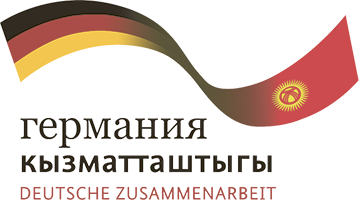Field Monitoring and Practical Consultations on Seed Potato Cultivation
From July 18 to 20, specialists of our project, together with experts from the TES Center’s “Seed Potato DTC” project, conducted monitoring of 28 fields located in various areas of Chon-Alai and Chuy regions. A total of 18 cooperative members took part in the activity.
In total, 28 fields were inspected, with 18 cooperative members participating in the following areas: Zhar-Bashy (gardens), Batuchiy, Zhal, Chapkyn-Tiybes, Plot 76, Chech-Tobo, Ken-Koktu, Kydyrsha-Aryk, Bakhmur, and Kok-Zhar.
During the visits, experts assessed plant growth, identified pests and diseases, and discussed farming practices with the participants. Results showed an average germination rate of 90–95%, with plants in the budding and flowering stage. Overall, the condition of the fields was rated as good.
However, some challenges were noted. On several fields, irrigation furrows were too long, and water accumulated at the lower ends of plots, which may damage soil structure. Farmers were advised to divide furrows and clean drainage channels. A positive example was the use of polyethylene irrigation pipes by several farmers — a new technology for the area that significantly improves water distribution and prevents soil erosion.
The monitoring also revealed the presence of pests such as Colorado potato beetles and cutworm caterpillars. Farmers have already begun using drones for pest control, with good results. In addition, water traps were installed to track aphids and help prevent the spread of viral diseases.
Testing of the herbicide “Lontrel” against thistle showed limited effectiveness and some negative effects on potato plants. Work will continue to identify alternative solutions.
In conclusion, the fields are in good condition with no major phytosanitary risks. Farmers received practical recommendations on irrigation, crop care, and pest control — steps that will further improve the quality of seed potato production.





